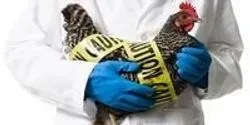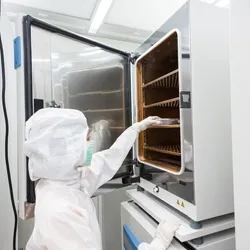Article

We have written previously on LEED (Leadership in Energy and Environmental Design), the U.S. Green Building Council’s (USGBC) certification program for green buildings. In this column, the Safety Guys will look at some of the potential health and safety issues involved when building green.

Patents are more than just boring legal documents. “A patent is the link between R&D and the legal processes,” notes Pierre Buffet, executive vice president of intellectual property information firm Questel. “Patents can be used for various interesting business purposes outside of simply protecting a new invention,” adds Director Ronald Kaminecki with Dialog LLC.

For labs dealing with infectious substances, a biosecurity plan is just as important as a strong safety program.

Many people believe “undermanagement” does not provide: 1. Clear performance requirements for the job 2. Clear and measurable goals with deadlines 3. Performance metrics or feedback on a timely basis 4. Enough atta-boys or atta-girls. And they would be correct; however, there is also under-management when a manager’s body language is “telling on” him or her.










